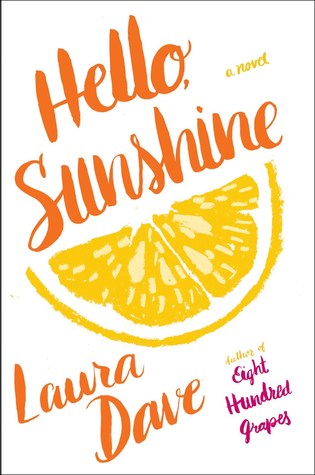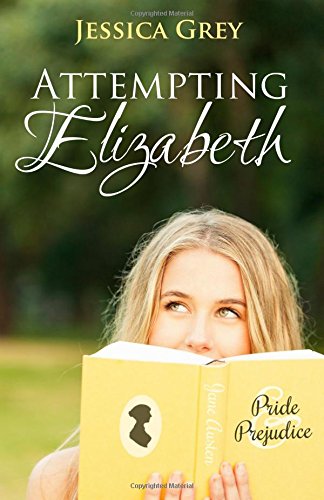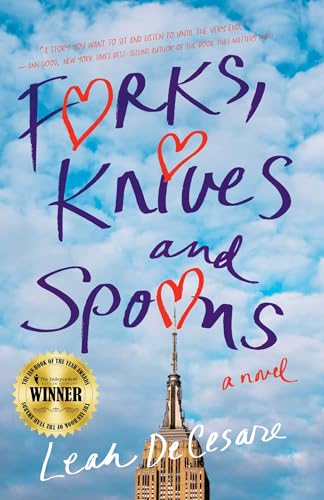Our attractive, young, unnamed narrator is a working class girl taking a break from her education for lack of money. She works in the cafeteria of a hospital in the small Swedish city of Norrkoping and leads a monotonous, conventional life. But the narrator wants to write a novel and she wants to have a life worthy of being possible subject matter for that novel. The boring meaninglessness of her life, of her very existence, won't do. One day she sees an attractive, married, well dressed older doctor in the cafeteria, a man she has occasionally wondered about having an affair with and she accepts a ride home from him after missing her bus. As she is getting to know Carl and ultimately seducing him, she is also getting to know Alex, a girl her age who is exciting and friendly and who has a secret that will change everything for the narrator and have repercussions that resonate both in an out of her inevitable affair with Carl.
The novel is a slow psychological study with a selfish and often unsympathetic narrator. But for all that, she's still rather fascinating. Her pursuit of Carl and her subsequent fantasies inserting herself in his life feel predatory even though he is equally culpable in their affair. Her relationship with Carl and the jealousy she feels towards his wife and children is not the only destructive force here though. There are several depictions of power imbalances, the darkness of money and class differences, and the question of fidelity and its worth. The first person narration puts the reader directly in the narrator's head, seeing the manipulations as well as the naivete. The story is quite slow starting and very philosophical in tone. The narrator's pre-affair life is dull and no recounting of it will change that so it's a bit of a chore to get past it to the real meat of the story. Once you do though, you see that the narrator is creating a version of herself, the other woman, a writer, something more than her surface suggests. Even when her choices go from bad to worse, she is forging the identity of the woman she will become on the other side of this affair and the other side of her friendship with Alex. This is a translation from the Swedish and will appeal to readers who don't mind extended character studies, moral ambiguity, and a lot of introspection balanced with a healthy sense of self-worth.
Thanks to the publisher for sending me a copy of this books to review.








 This meme is hosted by Kathryn at
This meme is hosted by Kathryn at 





 This past week's mailbox arrivals:
This past week's mailbox arrivals:











